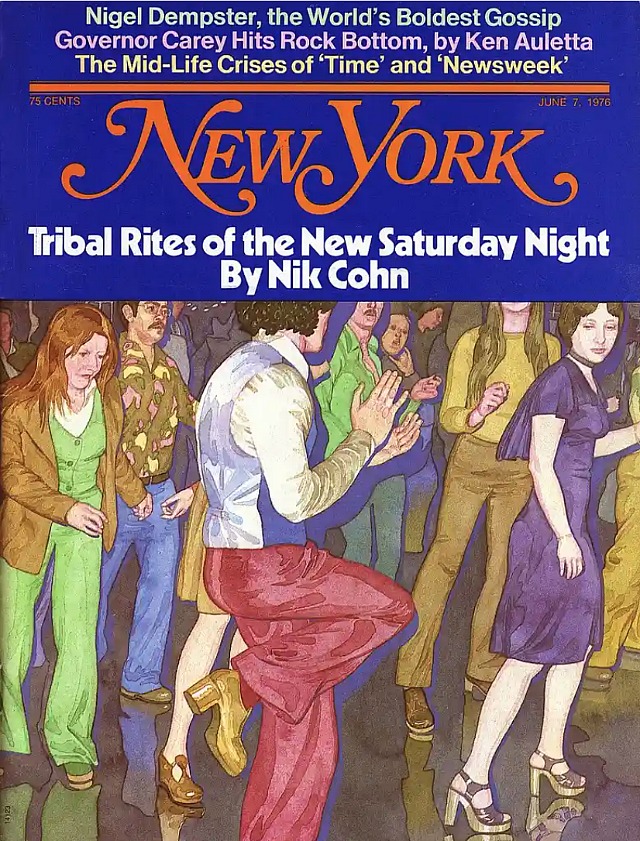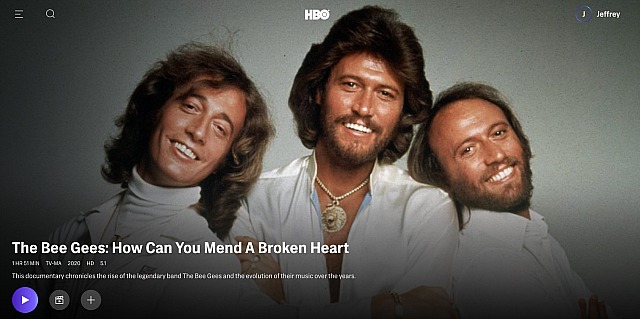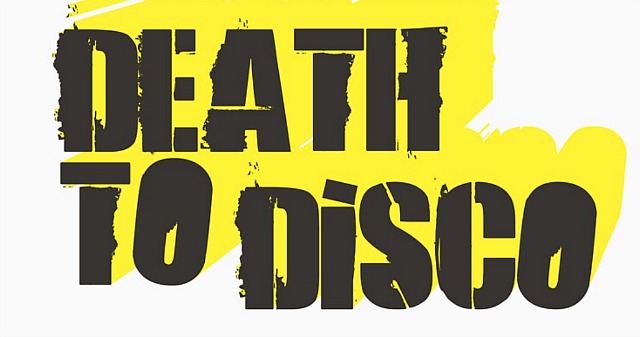…knows how to assemble a good trailer.
Day: December 14, 2020
For The Sin of Disloyalty
Attorney General William Barr, amply defined as Orange Plague‘s toady, enabler, spinner, protector and personal grudgemeister, has been whacked for not being sufficiently slavish and obsequious over the last few weeks.
Sin #1 was Barr’s refusal to officially agree with Trump’s bullshit claims of massive voting fraud in battleground states.
Sin #2, as reported last week by The Wall Street Journal, was Barr’s decision to keep the the Justice Department’s investigations into Hunter Biden under wraps. Trump allegedly believes that had this been made public, the 11.3 election might have swung in his favor.
Oh, and the electoral college officially ratified Joe Biden‘s win. That happened too.
Bridge & Tunnel
I never knew any Vinnie Barbarino or Tony Manero “borough” types in the mid ’70s, but I’d known a few Italian-American guys during my painful upbringing in Westfield, New Jersey. They proudly called themselves “guineas”, wore pegged pants and pointy black leather lace-ups, radiated pugnacious vibes and seemed to live in their own angry little world.
And I knew that the bridge-and-tunnel chumps who came into Manhattan on weekends in the late ’70s, the ones who were too thick to realize that their chances of getting into Studio 54 were completely nil…those razor-cut slash polyester goons who radiated sartorial cluelessness in so many ways, and thereby indicating a certain myopic mindset…I knew these guys.
And so I believed Nik Cohn‘s “Tribal Rites of the New Saturday Night,” the 6.7.76 New York cover story that soon became the basis for Robert Stigwood and John Badham‘s Saturday Night Fever, which became a huge hit and cultural earth-shaker after opening on 12.14.77.
I loved the 2001 Odyssey dance sequences as much as the next guy, but I wasn’t a fan of the film itself, largely because I found John Travolta‘s Tony Manero an impossible asshole — chilly, closed off.
Yes, I know — that was who and what he was, being based on the “Vincent” character Cohn had written about and so on. But where was it written that I had to like Manero’s company?
I bought a ticket to see Badham’s film at Westport’s Post Cinema just before Christmas of ’77. I wanted to have an interesting and perhaps an eye-opening time, but almost immediately I was saying to myself “I have to hang out with this asshole?” On top of which FUCK DISCO…that was one of my foundational beliefs at the time.
What a shock, therefore, to discover 20 years later that Cohn had basically “piped” the New York cover story. He’d done a little research in Bay Ridge and poked around and talked to a few locals, but had more or less made it up.
And yet Cohn’s article felt genuine. I totally recognized (or felt that I recognized) his observations about a certain strata of young, under-educated Italian-American guys in their late teens and early 20s and their dead-end jobs and whatnot…it seemed to convey certain basic impressions of borough guys of that era. I bought it and so did Hollywood, Stigwood, Badham, Travolta and, down the road, tens of millions of fans of the film.
It just went to show that fiction could masquerade as honest reportage and vice versa. I re-read Cohn’s piece last night after watching the Bee Gees doc, and I had a good time with it. Even knowing about Cohn having admitted the truth in ’96, I bought it all the same. Good writing is good writing.

106 Republican Thugs United Against Democracy
The competition henceforth is between a Democratic party, a party that believes in democracy, vs. an autocratic party of bumblefuck-kowtowing Alamo defenders…rubes determined to use their last reserves of gunpowder to fight the leftist Khmer Rouge comintern, the white cis male-hating #MeToo brigade, the BLM “defund the police” store trashers, etc.
Even If It Takes A Lifetime…
Last night I caught Frank Marshall‘s How Can You Mend A Broken Heart? (HBO), the 111-minute Bee Gees doc. It’s a kick and a ride…always interesting, finely crafted…a deep-drill exploration slash celebration of the Brothers Gibb and their whitewater journey through the bruising rapids of ’60s and ’70s pop progression invention.
The BeeGees were all but drummed out of the business in the wake of the anti-disco backlash of ’79 and ’80 (one of my proudest all-time possessions was a black, Euro-style “Death to Disco” T-shirt) but they were fairly awesome in their spotty, in-and-out, up-and-down fashion.
I became a fan with ’67’s “New York Mining Disaster 1941” and “To Love Somebody,” and stayed on through “Lonely Days, Lonely Nights” (’70). Then I dropped out for a bit (or they dropped out rather), and then we reconnected with Main Course, their 1975 album that included “Jive Talkin'” and “Nights on Broadway.”
But I permanently checked out with the “Saturday Night Fever” soundtrack album. Hah-hah-hah-hah…hated that album, hated that album.

Marshall’s direction of the doc is sharp and fleet and comprehensive…the doc does almost everything you want it do and more, but that “almost” constitutes a major asterisk.
I’m referring to the fact that the voice and vantage point of 74 year-old Barry Gibb, the only surviving brother of the original trio (Maurice passed in ’03, Robin in ’12), is the dominant factor. The doc could (and perhaps should) have been titled Barry’s Story, As Told to Frank Marshall.
And so the constant friction between Barry and Robin, both personally and professionally over four or five decades, is downplayed. And, as I mentioned last Friday, the the big-screen debacle that was Sgt. Pepper’s Lonely Hearts Club Band, the 1978 musical fantasy that starred the Brothers Gibb, is completely omitted. Because Barry said so.
For a doc that’s earned your trust and admiration for not hedging or playing games, the refusal to deal with this catastrophe iis like…what?
And yet the doc doesn’t shy away from the anti-disco thing, which was also ruinous for the group because of the Fever association. As long as Marshall and Gibb are allowing that ’78, ’79 and early ’80 ushered in the dark times, why not simply acknowledge the Sgt. Pepper calamity? So strange.

I’m especially glad for last night’s viewing because I hadn’t listened to “Nights on Broadway” for decades. I fell for it all over again.
I love the story about how the song, recorded in Miami, was originally called “Lights on Broadway”, and how Atlantic Records Ahmet Ertegun, upon hearing this early version, told them “no way guys…the song has to allude to wild nocturnal behavior and great sex and toots of cocaine.” And so “Lights” became “Nights.” And then Barry added some falsetto for the chorus, and suddenly they had this whole falsetto thing going, which became their signature.
The doc’s final line — Barry telling Frank that he would trade all the hits if his brothers could somehow return from the great beyond — is touching, and it feels right to end the film on this note. But I don’t think Barry honestly meant it. I think he just said it because it was in his aging heart at the moment, but serious, major-league artists almost never “nice” and “gentle” their way into fame and fortune. They make it to the top because of a burning drive and hunger, and the tension and turbulence that went along with that…it’s all part of the same package, the same psychological soup.
